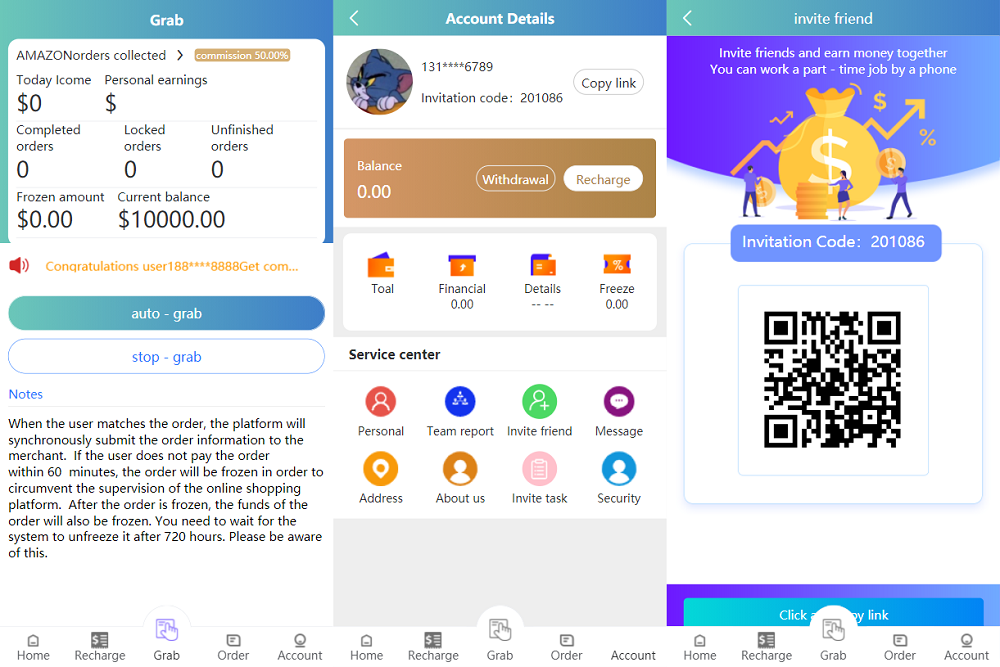稀缺的【高消费数据】
In today’s data-driven world, understanding consumer behavior is paramount for businesses striving to maintain a competitive edge. However, one specific type of information remains notoriously elusive: 稀缺的【高消费数据】. This scarcity poses significant challenges for marketers, financial analysts, and decision-makers alike. In this article, we delve into the reasons behind this scarcity, its implications, and the strategies organizations can employ to access and utilize this critical data.
The Importance of High-Spending Consumer Data
Consumer data serves as the backbone of targeted marketing, product development, and strategic planning. Within this vast pool of information, high-spending consumer data stands out as particularly valuable. Why? Because it provides a window into the behaviors, preferences, and habits of individuals who contribute disproportionately to revenue streams.
稀缺的【高消费数据】 is essential for:
Personalized Marketing: High-spending consumers expect tailored experiences. Their data allows brands to create campaigns that resonate deeply, fostering loyalty and driving conversions.
Product Optimization: Companies use this data to identify the preferences of affluent consumers, refining products to align with their tastes.
Revenue Forecasting: Understanding the spending patterns of this demographic enables businesses to predict future trends and allocate resources effectively.
Despite its undeniable value, 稀缺的【高消费数据】 remains difficult to obtain, and this scarcity can create a ripple effect across industries.
Why Is High-Spending Consumer Data So Scarce?
稀缺的【高消费数据】 stems from a combination of factors, ranging from privacy regulations to the behaviors of the consumers themselves. Let’s explore these factors in detail:
Stringent Privacy Laws
In recent years, privacy concerns have led to stricter regulations, such as the GDPR in Europe and the CCPA in California. These laws impose limitations on the collection, storage, and usage of personal data, especially sensitive financial information. As a result, obtaining granular insights into high-spending consumers becomes a legal and logistical challenge.Exclusive Channels
High-spending consumers often transact through private or exclusive channels—luxury boutiques, bespoke services, or invite-only platforms. These transactions are not always captured by mainstream data aggregators, contributing to the scarcity of comprehensive datasets.Reluctance to Share Data
Affluent consumers are more protective of their privacy, often opting out of data-sharing practices. They are also less likely to participate in surveys or feedback loops, further limiting the available information pool.Fragmented Data Ecosystems
The data that does exist is often siloed across platforms and industries. For instance, a luxury car manufacturer may have insights into its customers, but this data rarely integrates with the datasets of luxury fashion brands or high-end travel agencies.The Implications of Scarcity
The lack of access to 稀缺的【高消费数据】 creates significant challenges for businesses and researchers. These challenges include:
Limited Targeting Precision
Without comprehensive data, companies struggle to identify and engage high-spending consumers effectively. Marketing campaigns risk being too broad, resulting in wasted resources and suboptimal ROI.Missed Opportunities
Scarce data means businesses may overlook emerging trends among affluent consumers. This oversight can lead to missed opportunities in launching products or services that cater to this demographic.Inefficient Resource Allocation
Companies rely on data to allocate budgets, optimize supply chains, and prioritize investments. Scarcity forces them to make decisions based on incomplete or outdated information.Strategies to Access 稀缺的【高消费数据】
Despite the challenges, organizations can adopt innovative strategies to gain access to this elusive data while respecting privacy and regulatory constraints.
Partnerships and Collaborations
Companies can collaborate with non-competing brands targeting similar demographics. For instance, a luxury watchmaker and a high-end travel agency could share anonymized insights to enhance their understanding of their shared audience.Incentivized Data Sharing
Offering incentives, such as exclusive discounts or personalized experiences, can encourage high-spending consumers to voluntarily share their information. Ensuring transparency about how the data will be used is crucial to gaining their trust.Advanced Analytics and AI
Modern analytics tools can infer spending patterns from indirect data points. For example, artificial intelligence can analyze social media activity, lifestyle indicators, and geographic location to estimate a consumer’s spending capacity.First-Party Data Collection
Building direct relationships with consumers through loyalty programs or premium memberships is an effective way to gather high-quality data. By focusing on first-party data, businesses can reduce reliance on third-party sources.Data Enrichment Services
Specialized firms offer data enrichment services that combine existing datasets with external information, creating a more comprehensive view of high-spending consumers. These services can bridge gaps without compromising on privacy.Ethical Considerations in Handling 稀缺的【高消费数据】
While accessing high-spending consumer data is a priority for many businesses, it’s imperative to handle such data ethically. Misuse can lead to reputational damage, legal consequences, and a loss of consumer trust. Key ethical principles include:
Transparency: Inform consumers about what data is being collected and how it will be used.
Consent: Always seek explicit consent, particularly for sensitive financial data.
Anonymization: Use techniques to anonymize data, ensuring individuals cannot be identified from datasets.
Compliance: Stay updated on local and international data protection laws to avoid violations.
The Future of 稀缺的【高消费数据】
As technology evolves, the landscape of 稀缺的【高消费数据】 is likely to change. Emerging trends that could influence its availability include:
Blockchain for Data Security
Blockchain technology offers a secure way to manage and share consumer data, potentially alleviating privacy concerns and enabling better data exchange.More Sophisticated AI Models
Advanced AI could make it easier to derive insights from limited datasets, reducing the impact of scarcity.Consumer-Controlled Data Ecosystems
Platforms that empower consumers to control and monetize their own data could encourage more affluent individuals to participate in data-sharing practices.Conclusion
稀缺的【高消费数据】 is both a challenge and an opportunity for businesses in the digital age. While its scarcity complicates decision-making, innovative approaches and ethical practices can help organizations bridge the gap. By prioritizing transparency, leveraging technology, and fostering collaboration, companies can unlock the potential of this valuable data, driving growth and delivering unparalleled value to high-spending consumers.

